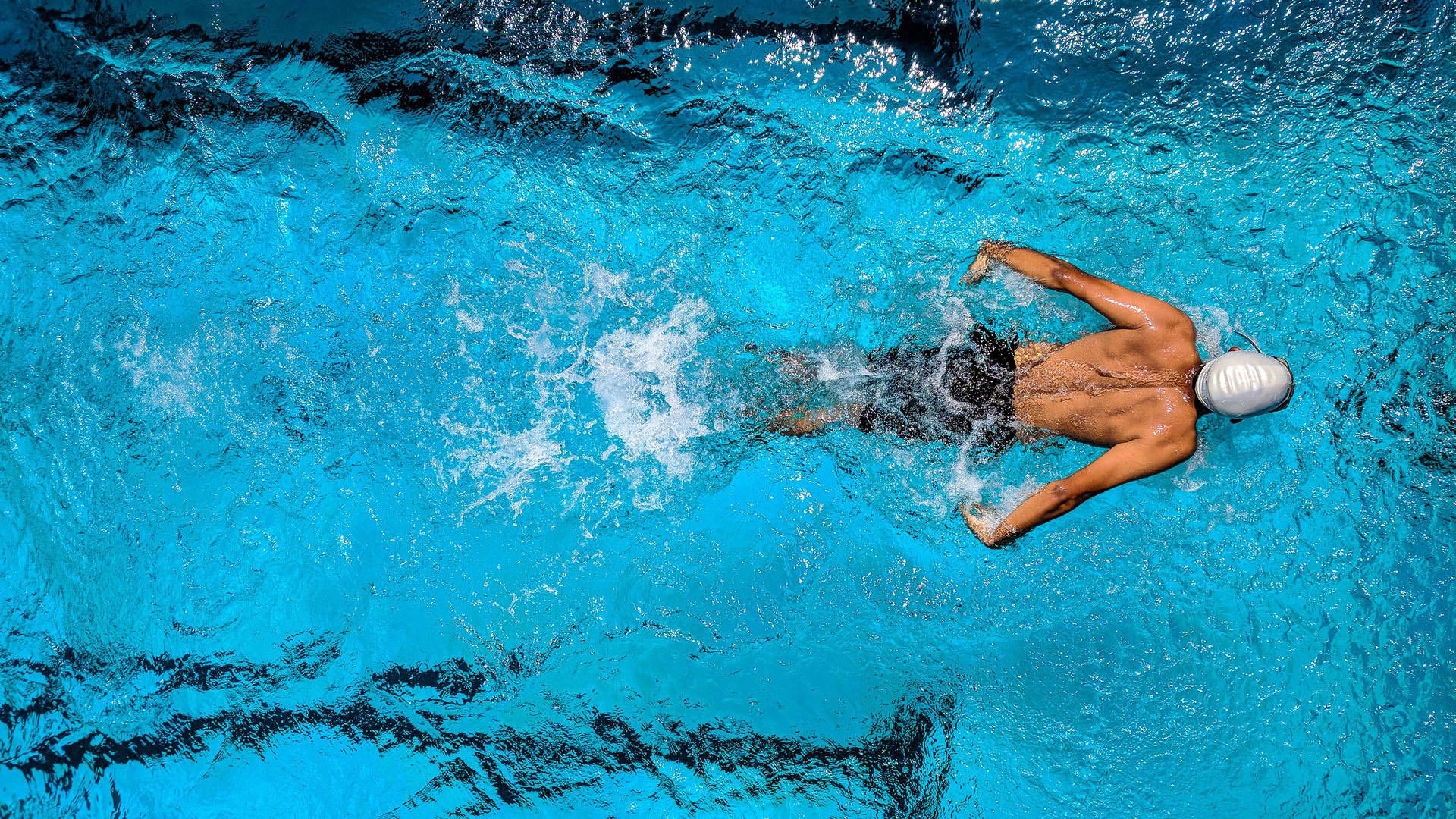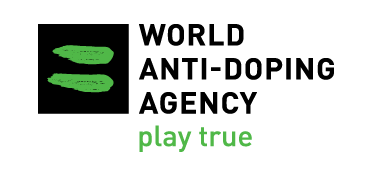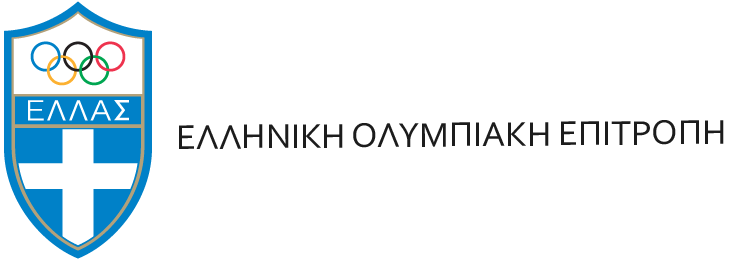
HADA
National Anti Doping Organisation
ANTI-DOPING RULE VIOLATIONS
- 2.1 Presence of a Prohibited Substance or its Metabolites or Markers in an Athlete’s Sample.
- Χρήση ή απόπειρα χρήσης απαγορευμένης ουσίας ή απαγορευμένης μεθόδου από αθλητή
- 2.2 Use or Attempted Use by an Athlete of a Prohibited Substance or a Prohibited Method
- 2.3 Evading, Refusing or Failing to Submit to Sample Collection by an Athlete Evading Sample collection; or refusing or failing to submit to Sample collection without compelling justification after notification by a duly authorized Person.
- 2.4 Whereabouts Failures by an Athlete
- 2.5 Tampering or Attempted Tampering with any Part of Doping Control by an Athlete or Other Person
- 2.6 Possession of a Prohibited Substance or a Prohibited Method by an Athlete or Athlete Support Person
- 2.7 Trafficking or Attempted Trafficking in any Prohibited Substance or Prohibited Method by an Athlete or Other Person
- 2.8 Administration or Attempted Administration by an Athlete or Other Person to any Athlete In-Competition of any Prohibited Substance or Prohibited Method, or Administration or Attempted Administration to any Athlete Out-of-Competition of any Prohibited Substance or any Prohibited Method that is Prohibited Out-of-Competition
- 2.9 Complicity or Attempted Complicity by an Athlete or Other Person
- 2.10 Prohibited Association by an Athlete or Other Person
- 2.11 Acts by an Athlete or Other Person to Discourage or Retaliate Against Reporting to Authorities
2.1.1 It is the Athletes’ personal duty to ensure that no Prohibited Substance enters their bodies. Athletes are responsible for any Prohibited Substance or its Metabolites or Markers found to be present in their Samples. Accordingly, it is not necessary that intent, Fault, Negligence or knowing Use on the Athlete’s part be demonstrated in order to establish an anti-doping rule violation under Article 2.1.
2.1.2 Sufficient proof of an anti-doping rule violation under Article 2.1 is established by any of the following: presence of a Prohibited Substance or its Metabolites or Markers in the Athlete’s A Sample where the Athlete waives analysis of the B Sample and the B Sample is not analyzed; or, where the Athlete’s B Sample is analyzed and the analysis of the Athlete’s B Sample confirms the presence of the Prohibited Substance or its Metabolites or Markers found in the Athlete’s A Sample; or where the Athlete’s A or B Sample is split into two parts and the analysis of the confirmation part of the split Sample confirms the presence of the Prohibited Substance or its Metabolites or Markers found in the first part of the split Sample or the Athlete waives analysis of the confirmation part of the split Sample
2.1.3 Excepting those substances for which a Decision Limit is specifically identified in the Prohibited List or a Technical Document, the presence of any reported quantity of a Prohibited Substance or its Metabolites or Markers in an Athlete’s Sample shall constitute an anti-doping rule violation.
2.1.4 As an exception to the general rule of Article 2.1, the Prohibited List, International Standards, or Technical Documents may establish special criteria for reporting or the evaluation of certain Prohibited Substances.
Αποτελεί προσωπική υποχρέωση του αθλητή να διασφαλίζει ότι καμία απαγορευμένη ουσία δεν εισέρχεται στον οργανισμό του και ότι δεν γίνεται χρήση κάποιας απαγορευμένης μεθόδου. Συνεπώς, δεν είναι απαραίτητο να αποδεικνύεται η υπαιτιότητα ή γνώση της χρήσης εκ μέρους του αθλητή, προκειμένου να στοιχειοθετηθεί παράβαση κανόνα αντιντόπινγκ για χρήση απαγορευμένης ουσίας ή απαγορευμένης μεθόδου.
Η επιτυχία ή αποτυχία χρήσης ή απόπειρας χρήσης μίας απαγορευμένης ουσίας ή απαγορευμένης μεθόδου δεν αποτελεί ουσιώδες στοιχείο. Για την παράβαση κανόνα ντόπινγκ αρκεί ότι έγινε χρήση ή απόπειρα χρήσης της απαγορευμένης ουσίας ή της απαγορευμένης μεθόδου.
2.2.1 It is the Athletes’ personal duty to ensure that no Prohibited Substance enters their bodies and that no Prohibited Method is Used. Accordingly, it is not necessary that intent, Fault, Negligence or knowing Use on the Athlete’s part be demonstrated in order to establish an anti-doping rule violation for Use of a Prohibited Substance or a Prohibited Method.
2.2.2 The success or failure of the Use or Attempted Use of a Prohibited Substance or Prohibited Method is not material. It is sufficient that the Prohibited Substance or Prohibited Method was Used or Attempted to be Used for an anti-doping rule violation to be committed.
Any combination of three missed tests and/or filing failures, as defined in the International Standard for Results Management, within a twelve-month period by an Athlete in a Registered Testing Pool.
2.6.1 Possession by an Athlete In-Competition of any Prohibited Substance or any Prohibited Method, or Possession by an Athlete Out-of-Competition of any Prohibited Substance or any Prohibited Method which is prohibited Out-of-Competition unless the Athlete establishes that the Possession is consistent with a Therapeutic Use Exemption (“TUE”) granted in accordance with Article 4.4 or other acceptable justification.
2.6.2 Possession by an Athlete Support Person In-Competition of any Prohibited Substance or any Prohibited Method, or Possession by an Athlete Support Person Out-of-Competition of any Prohibited Substance or any Prohibited Method which is prohibited Out-of-Competition in connection with an Athlete, Competition or training, unless the Athlete Support Person establishes that the Possession is consistent with a TUE granted to an Athlete in accordance with Article 4.4 or other acceptable justification.
Assisting, encouraging, aiding, abetting, conspiring, covering up or any other type of intentional complicity or Attempted complicity involving an anti-doping rule violation, Attempted anti-doping rule violation or violation of Article 10.14.1 by another Person.
2.10.1 Association by an Athlete or other Person subject to the authority of an Anti-Doping Organization in a professional or sport-related capacity with any Athlete Support Person who:
2.10.1.1 If subject to the authority of an Anti-Doping Organization, is serving a period of Ineligibility; or
2.10.1.2 If not subject to the authority of an Anti-Doping Organization, and where Ineligibility has not been addressed in a Results Management process pursuant to the Code, has been convicted or found in a criminal, disciplinary or professional proceeding to have engaged in conduct which would have constituted a violation of anti-doping rules if Code-compliant rules had been applicable to such Person. The disqualifying status of such Person shall be in force for the longer of six (6) years from the criminal, professional or disciplinary decision or the duration of the criminal, disciplinary or professional sanction imposed; or
2.10.1.3 Is serving as a front or intermediary for an individual described in Article 2.10.1.1 or 2.10.1.2. 2.10.2
To establish a violation of Article 2.10, an Anti-Doping Organization must establish that the Athlete or other Person knew of the Athlete Support Person’s disqualifying status.
The burden shall be on the Athlete or other Person to establish that any association with an Athlete Support Person described in Article 2.10.1.1 or 2.10.1.2 is not in a professional or sport-related capacity and/or that such association could not have been reasonably avoided.
Anti-Doping Organizations that are aware of Athlete Support Personnel who meet the criteria described in Article 2.10.1.1, 2.10.1.2, or 2.10.1.3 shall submit that information to WADA.
Where such conduct does not otherwise constitute a violation of Article 2.5:
2.11.1 Any act which threatens or seeks to intimidate another Person with the intent of discouraging the Person from the good-faith reporting of information that relates to an alleged anti-doping rule violation or alleged non-compliance with the Code to WADA, an Anti-Doping Organization, law enforcement, regulatory or professional disciplinary body, hearing body or Person conducting an investigation for WADA or an Anti-Doping Organization.
2.11.2 Retaliation against a Person who, in good faith, has provided evidence or information that relates to an alleged anti-doping rule violation or alleged non-compliance with the Code to WADA, an Anti-Doping Organization, law enforcement, regulatory or professional disciplinary body, hearing body or Person conducting an investigation for WADA or an Anti-Doping Organization. 16 For purposes of Article 2.11, retaliation, threatening and intimidation include an act taken against such Person either because the act lacks a good faith basis or is a disproportionate response.








